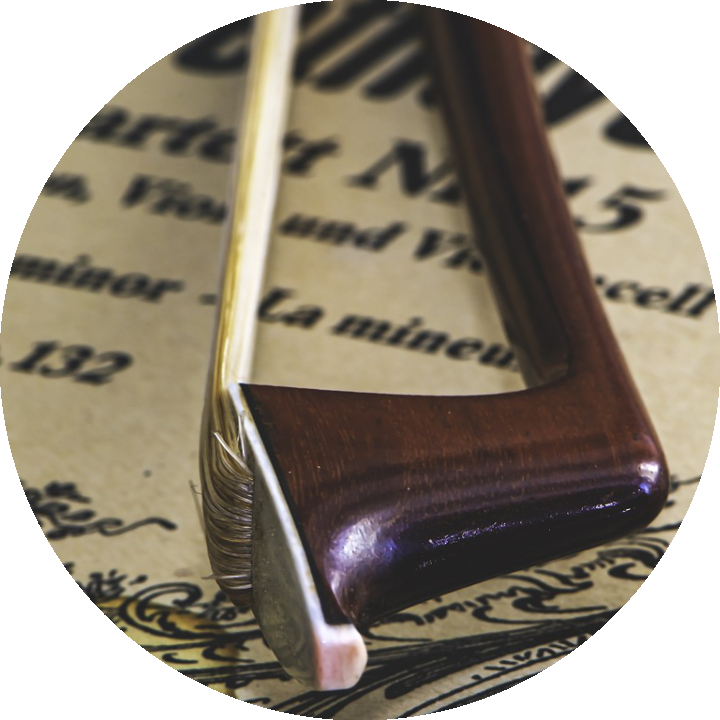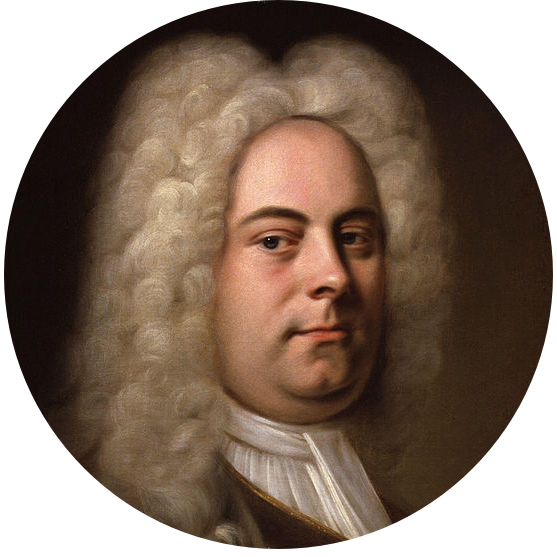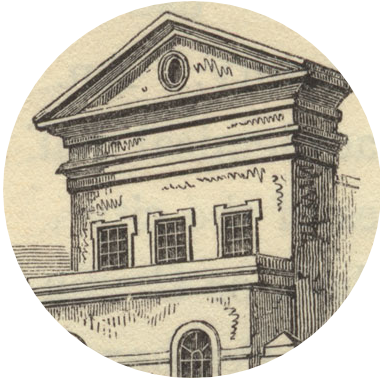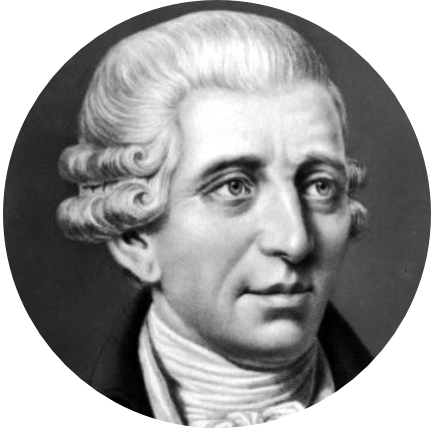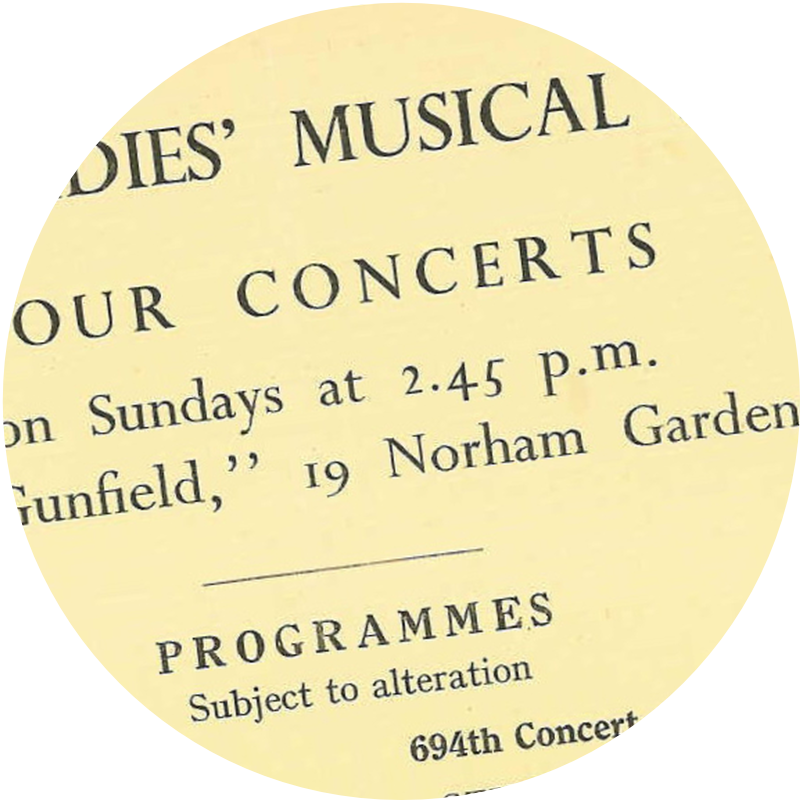It was Dr Charles Burney, the foremost musicologist of his day, who urged that the degree of Doctor of Music at Oxford should be conferred on Haydn during his visit to England in 1791. A ‘Grand Music Festival’ in the Sheldonian, beginning on 6 July and culminating in the degree ceremony two days later, was fully reported in The Gentleman’s Magazine. From it we learn that, due to the composer’s late arrival, the first performance of what we now know as the ‘Oxford’ symphony (No.92) under his direction had to be postponed until the following day. It was performed ‘to great approbation’ and declared to be ‘one of the most striking compositions ever heard; and the ingenious author was applauded very warmly’.
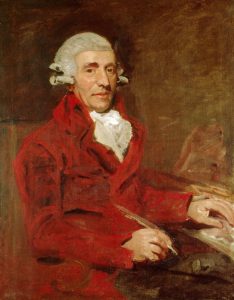 Actually, the work had been commissioned by the Parisian Comte d’Ogny and was the last thing Haydn had completed before setting off to England; furthermore, it may already have been premiered by Johann Peter Salomon at one of his London concerts. The symphony was not (as is often assumed) Haydn’s doctoral submission—that function was served by a charming and ingenious Minuet al rovescio, a palindromic piece that had already featured in a symphony and a keyboard sonata.
Actually, the work had been commissioned by the Parisian Comte d’Ogny and was the last thing Haydn had completed before setting off to England; furthermore, it may already have been premiered by Johann Peter Salomon at one of his London concerts. The symphony was not (as is often assumed) Haydn’s doctoral submission—that function was served by a charming and ingenious Minuet al rovescio, a palindromic piece that had already featured in a symphony and a keyboard sonata.
At the conferral on 8 July Haydn was complimented on his attempts to speak English. He was clearly both enchanted and bemused by the ceremonial aspect, later telling a friend that ‘I felt very silly in my gown, and I had to drag it around the streets for three whole days. But I have much to thank this doctor’s degree in England; indeed, I might say everything; as a result of it, I gained acquaintance of the first men in the land and had entrance into the greatest houses.’
He also ruefully recorded that the occasion, including bell-ringing in his honour, had cost him six guineas; nonetheless, he must have been gratified by his reception at the third and final concert: ‘When Haydn appeared, and, grateful for the applause he received, seized hold of, and displayed, the gown he wore as a mark of the honour that had in the morning been conferred on him, the silent emphasis with which he thus expressed his feelings met with an unanimous and loud clapping.’
We know that Haydn’s music had been performed in the Holywell Music Room from the early 1770s and that, in the four years prior to 1791, his was the music most frequently included in programmes there; but whether he ever visited the building is unclear. A few months after the conferral of his doctorate, however, he returned to Oxford on two occasions to attend meetings of the Musical Graduates Society, of which he had been elected a member, so it is a distinct possibility.
Malcolm Pearce
